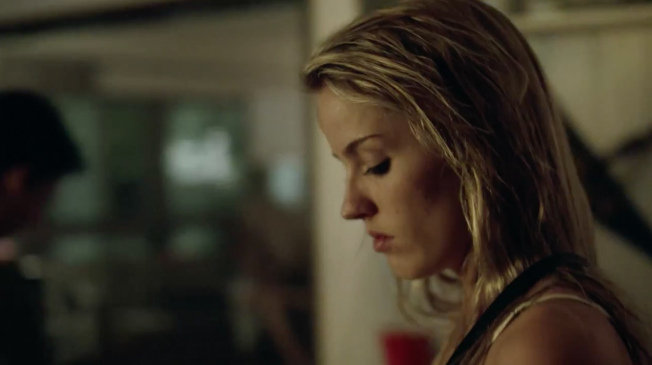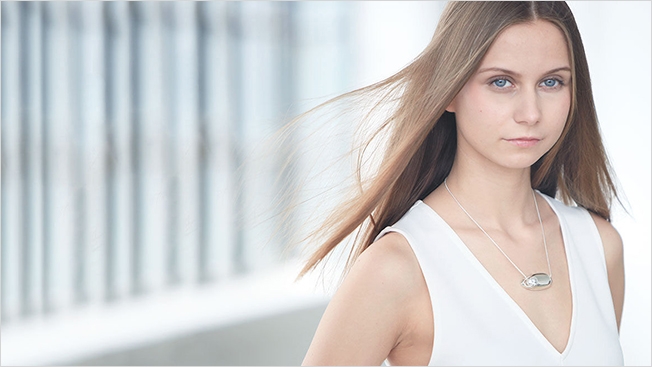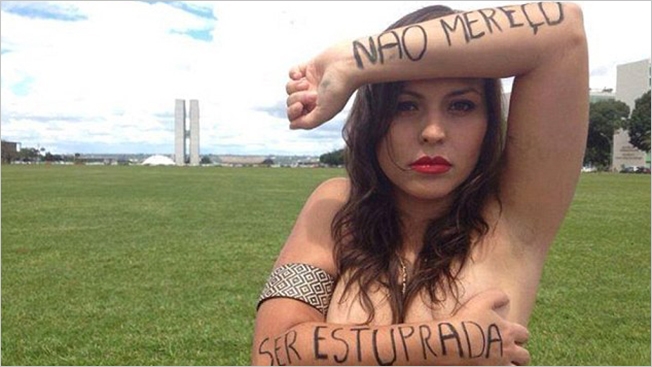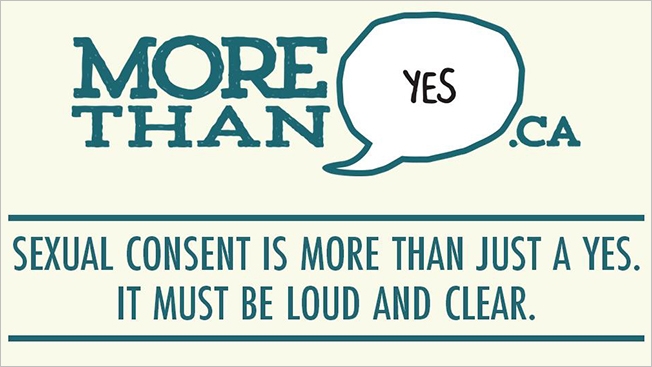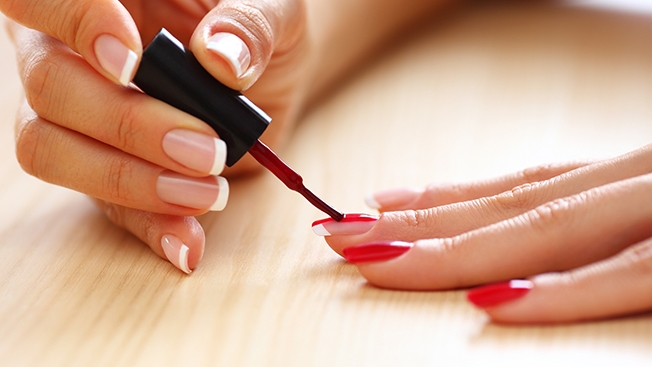
Here’s the newest example of a clever invention that shouldn’t have to exist.
Undercover Colors is a line of chemically enhanced nail polish currently being developed by undergrads at North Carolina State University. The polish can reportedly detect the presence of date-rape drugs such as (one would assume) rohypnol in drinks and change color to indicate a warning.
So far, few details have been announced about the product, which a spokesperson tells the Triangle Business Journal is “in the R&D stage.” It got an early boost by winning a university entrepreneurship challenge called the Lulu eGames and from an early investor who contributed $100,000, the business journal reports.
According to the U.S. Department of Health and Human Services, the most frequently cited drugs used to incapacitate sexual assault victims are rohypnol (illegal in the U.S.), GHB (legal as a narcolepsy treatment) and ketamine (legal as an anesthetic for humans and animals).
So, it’s reasonable to guess that the Undercover Colors team is trying to develop a product that will react to those three drugs, possibly along with ecstasy (MDMA).
The nail polish, while innovative, is likely to re-open two long-running debates about date-rape drugs and rape prevention:
First, our society shouldn’t need tools to prevent rape, such as the recently launched Guardian Angel necklace that quietly alerts friends that the wearer is in trouble.
Second, date-rape drugs are far more rare than pop culture often leads us to believe. Reliable numbers are notoriously hard to come by, but a 2007 survey of female sexual assault victims attending colleges found that only 0.6 percent were sure they’d been slipped a drug, while another 1.7 percent suspected they had been given a drug.
In that same survey, 82 percent of victims reported being drunk, a stat which USA Today featured in its 2013 article about how alcohol is the most common drug used in sexual assault. “Roofies are very rarely—if ever—seen in real life,” an investigator told the newspaper.
Anyone who’s been active in rape prevention efforts knows that discussing alcohol can be volatile and extremely divisive. Pointing out the role of alcohol is often seen as synonymous with victim blaming, while the image of someone covertly spiking a drink with a dissolvable powder clearly conveys who’s at fault, making it a popular plot line for party-boy villains in movies and TV.
(Quick sidebar with a real-world example: A male friend of mine was actually drugged by two women while visiting Eastern Europe. He was with two friends, whom the girls had convinced to drink some very strong alcohol until they were incapacitated. When the girls realized mid-evening that my friend wasn’t drinking, they made him some hot tea. He passed out, woke up the next day to find their luggage stolen, and a doctor told him he almost certainly would have died if he’d had another cup of the drugged tea. So, it happens, but not always in the situations you might expect.)
If Undercover Colors becomes a national product, it’s hard to imagine many potential customers rushing out to buy it. In the end, if you’re careful enough to be mindful of being drugged, you’re probably careful enough to open, make or pour your own drink and politely decline anything else.
Hat tip to my friend Clair McLafferty, who among other things writes about cocktail science for Mental Floss.





![]()





